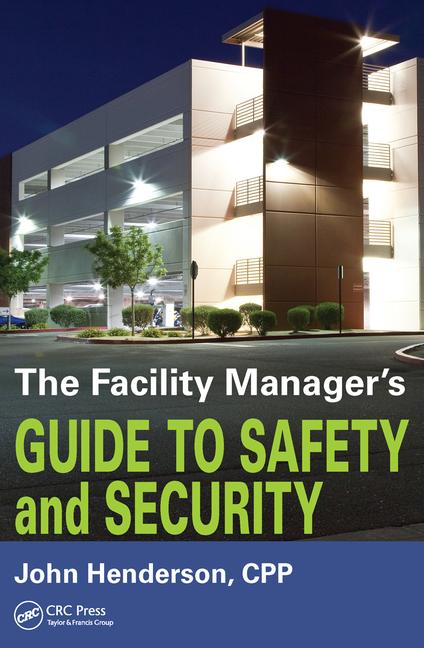I was listening to an NPR interview with Jack Welch, former chairman and CEO of General Electric. The interviewer asked him, “What is the single most important piece of advice you could give any business?” He answered, “Have a business plan.”
I would like to stop right here and leave the rest of this page blank — just to make an impact — as one of the best ads I ever saw was a white page with small print right in the very center that read, “This space cleaned by XYZ company.” White space is compelling; it draws your eye to it and ensures that your message is read, and this is a message that needs to be read. However, I would like to add to that precept.
I have written about having a business plan and I probably will write about it again, as even Jack Welch probably thinks too many companies do not have one or he would not have mentioned it. You cannot get to an end game without a business plan. You cannot stay competitive without a business plan. You cannot run a business successfully by the seat of your pants. You may pay the bills, cover payroll, and even live a decent life. However, without a plan, you will not be likely to develop a viable, valuable, salable, and competitive business.
In the end, you probably will want to cash out in some form or another — be it a sale to employees, a competitor, or turn over to family members. You will want a fair value for your company. How do you think you will get this if you have not developed a business plan that makes your company really worth something? The seat of your pants business development plan, which barely manages cash flow or payroll, is not a compelling buying proposition.
“But I have all these accounts,” you say. Accounts that just barely cover your expenses. Do you have contracts for these accounts? “But I have had them for 30 years.” The operative word here is “I.” There is not an ounce of guarantee in the word “I” that your customers will remain loyal to any buyer, including your children, once you sell. In fact, as soon as you are gone, all loyalty is set aside. An ownership change opens a door for customers to rethink their options, which includes switching security providers.
Your business plan rules how competitive you are, which adds to your value. It speaks to how rapidly you are growing and in what market sectors, and it points to who is most likely to be interested in your business when you’re ready to sell. Then, why sell if you are growing so nicely? Well, we do come to a point when retirement approaches; and we do set economic goals that allow us to say, “I have what I need and now I’m done.” However, that takes a plan.
Plans always can be changed. In fact, they are meant to be changed. So many outside factors affect a plan that without updating it regularly, your plan will become a detractor at some point.
How do you make a plan? There are many proven methods and available resources, but one of the most basic concepts is to start with the end goal in mind and work backwards. In the end, I would like to see, have, develop, make, sell, or build this. Look at the steps, processes, and resources that it will take to get there. Tick them off, one by one.
I don’t recommend starting with a financial goal, as there’s no customer value in this and the customer has to matter. If you aren’t providing a valuable service to them, then why would they buy anything you’re selling?
Define what you’re going to give them and why. What’s valuable about it? What’s competitive about it? What are you doing that they need? What should they buy this from you as opposed to anyone else?
You need to answer these questions for yourself and be able to honestly defend your responses with both integrity and passion.
Don’t be afraid to go talk to customers or prospects about what you’re thinking. Or what they need or want from their supplier? They’ll be happy to tell you how to be competitive!
Your planning starts here and it morphs into how you will grow, in which ways, over what time frame, and into what. This dictates profitability.
Carol Enman is a business growth consultant with decades of experience growing businesses in the security industry, as well as in other industries. She can be reached at www.whengrowthmatters.com.










